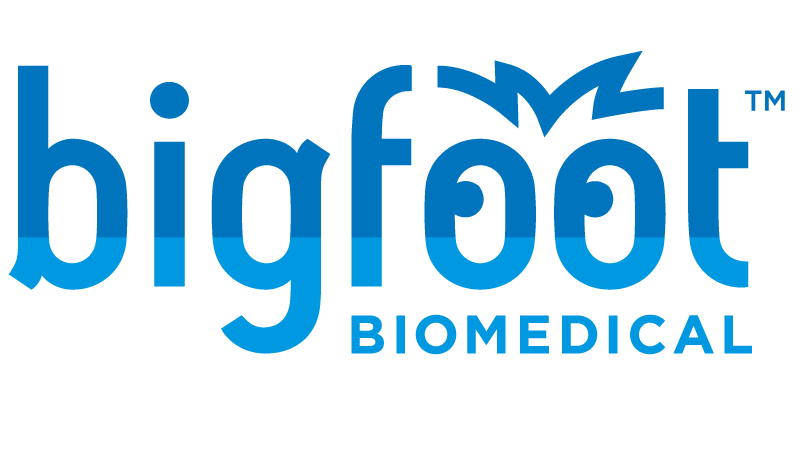The day-to-day management of insulin-requiring diabetes is, in a word, exhausting.
People living with diabetes are tasked with thinking about diabetes constantly, performing countless calculations throughout the day to make sure we are dosing an appropriate amount of insulin for what our bodies need, as insulin needs are highly variable from person to person, and throughout the day in a single person, and over any individual person’s life. Insulin is an amazing and life-saving drug, but also a temperamental and dangerous one.
Consequently, this makes creating tools for people living with intensively managed chronic conditions, like insulin-requiring diabetes, extremely complicated. For the healthcare companies that design and manufacture these life-saving medical devices and services, it requires that they put themselves in the user's position and really seek to understand the challenges and pain points that make chronic disease management so complex. Otherwise, they run the risk of creating solutions that only create more work for the end user and actually add to the cognitive burden of managing a chronic disease.
What do I mean by cognitive burden within the context of managing a chronic condition?
It’s the mental overwork of continuously and effectively self-managing the inputs and outputs of disease management, minimizing error, considering context, and evolving your approach slightly each day. It’s thinking about, in the context of your diabetes, what you’re about to do, how you did it last time, what did or didn’t work, what you’ve just done, what you wish you’d done, and what you could do with every meal, activity, decision, or before you leave the house. The burden includes having to reach out to healthcare providers, dealing with the intricate three-dimensional chess play that is navigating the healthcare or insurance space, and staying abreast of new technologies and therapy recommendations that might improve or streamline your current care. The cognitive burden is even greater for people dealing with limited resources, multiple health conditions, and/or the realities of aging in our current healthcare system.
At Bigfoot, through our own experience as people impacted by diabetes, as well as surveys of our community and published research, we understand exactly what makes diabetes so much of a mental load. In a recent poll we conducted in our social community, nearly a quarter of all people surveyed said the never-ending cognitive burden of diabetes management - the constant thinking, planning ahead, attention to detail, and preparing for the unexpected - was the hardest thing about living with insulin-requiring diabetes...not the needles.
Successful self-management involves so many different threads. Am I taking or timing insulin doses as best I can (let alone as prescribed)? The tasks of checking - everything from glucose numbers to ketone levels to how many supplies I have left to even the look and feel of my feet. Do I know how much insulin to take for this meal? How did I dose for it last time and what happened after? How recently did I take my last dose? Is this a safe glucose level for sleeping? What do I do if I dosed for this meal, but now I don’t want to finish it? Will my insurance cover this therapy? Are all my supplies - glucose sensors, test strips, insulin pump and pen components, lancets, batteries all in plentiful supply and functioning properly? How soon do I need to reorder? Can I afford to? Can I afford not to?
According to one study, the taxonomy of burden for people living with chronic disease (not just diabetes) highlighted more than 80 factors that must be considered to manage an ongoing health issue.
These elements include everything from lifestyle factors like managing diet and exercise, taking medications, managing paperwork, and extends to non-medical tasks like managing your financial and transportation resources and finding sufficient psychosocial support. The National Institutes of Health found in their research that it can be harder to manage chronic conditions without additional support from family members.
If healthcare solutions providers were to take an empathy-centered approach to these challenging healthcare dilemmas, it could result in products and services, delivered with the end user in mind, that are thoughtfully designed to alleviate this burden of mindspace, making daily life self-treating chronic conditions a little less complicated and a lot more manageable.
In diabetes, this would mean designing from a deeper understanding of how people with insulin-requiring diabetes manage our day-to-day routines and what we perceive as our challenges - and not just highly engaged users, but a wide swath of people who take insulin. Such an approach would have an extraordinary impact on the quality of the chronic disease care experience, as well as impact how customers will or won’t incorporate your products and services into their disease management.
It’s hard to reduce the time and energy spent on a chronic condition when there are so many moving parts.
We visit with healthcare professionals in order to determine which types of insulin and supplies we'll need for our therapy regimens (and determining which our insurers will cover). Our providers have to consider how to initiate, titrate, or adjust our insulin dosing instructions, or instruct us as to how we might make those adjustments going forward. We leave with as many as ten prescriptions in hand and have to obtain multiple supplies such as insulin, syringes or insulin pens, or components for an insulin pump from multiple vendors - pharmacy, distributors, manufacturers. We'll also have to remember to order and stock ancillary supplies, like batteries for a glucose meter or insulin pump, or alcohol wipes or other skin prep products for finger sticks, injections, or sensor and pump infusion set insertions. All of this leads up to the moment when we have to make a choice about an insulin dose...and repeat that process ad infinitum.
Juggling all of this requires a lot of coordination, but an empathy-centered, user-centered approach would consider how to improve insulin dosing devices to reduce multiple math calculations. Or allow for the design of an auto-fulfillment supply service that simplified the task of managing our supply inventories. Designing simpler device interfaces that reduce complicated sequences could streamline dosing tasks. Integrating technologies to interact with each other wirelessly could provide a more seamless dosing workflow than requiring an end user to manually transfer glucose information into a pump or a logging app. A user-centered approach could mean designing ways to communicate with healthcare providers quickly and remotely, respecting the valuable and limited resource of time - both ours and our healthcare provider’s.
When conditions are easier to manage, risk is ultimately reduced - whether it be the short-term risk of hospitalizations from medication dosing errors or the long-term risk of disease complications. Reduced risk translates to better health outcomes and reduced costs for people with diabetes, and for the greater healthcare system. By addressing and removing barriers inherent to chronic condition management, companies could support their customers better in their self-care, resulting in fewer hospitalizations and complications for people living with disease, fewer demands on our healthcare resources, and lower healthcare costs for everyone.
Most importantly, the cognitive burden described by our community, our loved ones, and which we know so well from our personal experience, could be meaningfully reduced, if not eliminated, freeing people with insulin-requiring diabetes to live the lives they choose.


